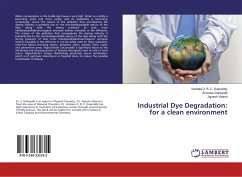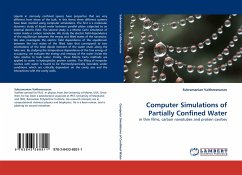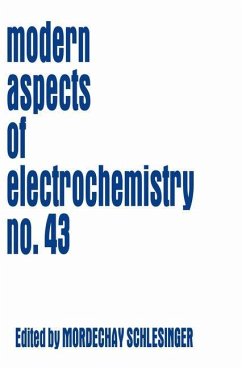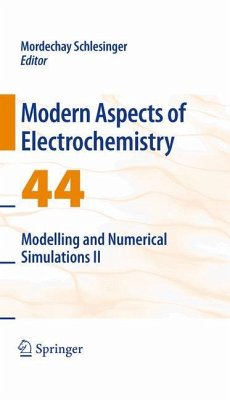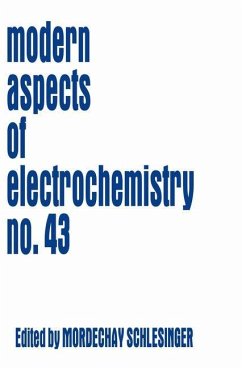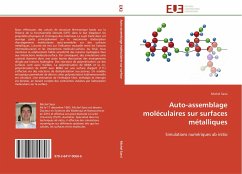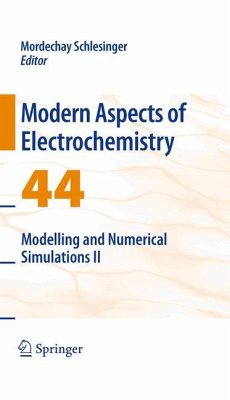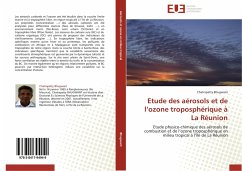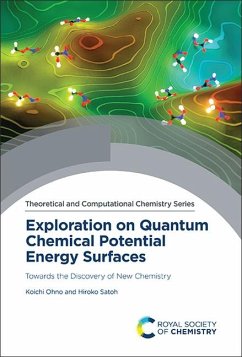Dhirendra Kumar Mishra earned a Doctorate in Chemical Engineering from the Indian Institute of Technology, Guwahati, Assam, India. During his doctoral studies, he specifically concentrated on the integration of ionic liquids and eutectic solvents in the field of hydrogen storage as a catalytic solvent. His study involved utilizing experimental and computational chemistry simulations to comprehend and improve the effectiveness of ionic liquids and eutectic mixtures for practical usage. His research interests span multiple areas, including computational chemistry for energy-related applications, green and sustainable solvents, hydrogen storage, and nanofluids for thermal applications. He is currently a postdoctoral fellow at the Joint BioEnergy Institute, affiliated with Sandia National Laboratories, where his research focuses on improving the process of catalytic lignin depolymerization using solvents and heterogeneous catalysts through experimental and computational approaches. He has published more than ten research papers in journals with high impact factors, including Chemical Reviews, ACS Sustainable Chemistry and Engineering, Journal of Physical Chemistry A, International Journal of Hydrogen Energy, and the Journal of Energy Storage. Nabendu Paul earned his Doctoral degree from the Chemical Engineering Department of the Indian Institute of Technology, Guwahati, in 2023. Subsequently, he joined the Maulana Azad National Institute of Technology (MANIT), Bhopal, and has been serving as an Assistant Professor in the Department of Chemical Engineering since January 2024. He obtained his M.Tech. and B.Tech. degrees in Chemical Engineering from the National Institute of Technology, Agartala, in 2015 and 2013, respectively. His research encompasses a wide range of interdisciplinary domains, including ionic liquids and deep eutectic solvents (DESs), extraction and recovery of pharmaceuticals and biomolecules from aqueous environments, molecular dynamics and quantum chemical calculations, and the study of non-covalent interactions. His work further extends to ionic liquid-based systems for environmental and biological applications, such as drug delivery, direct air capture (DAC) of CO2, and the development of eutectogels, ionogels, and DES-based electrolytes for supercapacitors. Recently, his group has initiated studies on the antibacterial potential of DESs in wound healing membranes. He has published over eight articles in reputed peer-reviewed journals, including Small, ACS Sustainable Chemistry and Engineering, Journal of Physical Chemistry B, and the Journal of Molecular Liquids. He has also authored a book that discusses the theoretical correlations and molecular dynamics aspects of deep eutectic solvents in environmental applications. Additionally, he has published several book chapters and conference papers. His work integrates both experimental and computational approaches and contributes to advancing sustainable and functional material systems in chemical and environmental engineering. Nipu Kumar Das received his Doctoral degree in 2025 from the Indian Institute of Technology, Guwahati, Assam, India, in Chemical Engineering. During his Ph.D. studies, Dr. Das primarily focused on deep eutectic solvent-based thermal fluids and solubility studies of various natural deep eutectic solvents. His studies involved both experimental and computational chemistry to understand the mechanism of solvent interactions with nanoparticles. His other research interests span the areas of green nanoparticles, energy-related applications, COSMO-SAC modeling, corrosion inhibitors, and sustainable solvents. He has published more than 13 research papers in journals with high impact factors, including the Journal of Molecular Liquids, ACS Sustainable Chemistry and Engineering, AIChE Journal, Industrial Crops and Products, and the Journal of Energy Storage. Nikhil Kumar is a postdoctoral researcher at Sandia National Laboratories who is currently working in the Predictive Deconstruction group at the Department of Energy-funded Joint BioEnergy Institute (JBEI). Dr. Kumar received his Ph.D. in 2023 from the Department of Chemical Engineering at the Indian Institute of Technology Guwahati, India. Dr. Kumar's research is primarily focused on the development of novel green solvents for aromatic compound extraction and the understanding the liquid structure of deep eutectic solvents using molecular dynamics, quantum chemistry, and COSMO-RS model simulations. Dr. Kumar's research interests also include leveraging both machine learning and first-principles physics-based methods to make improved predictions for solvents for enhanced biomass conversion, utilization of CO2 for the circular economy, and thermodynamic property predictions using various machine learning and artificial intelligence models. Dr. Kumar has co-authored a book, published more than ten research articles in leading academic journals, and contributed to over ten conferences. Tamal Banerjee is currently a Professor at the Department of Chemical Engineering, Indian Institute of Technology, Guwahati. He served as Supplemental Faculty in the Department of Chemical and Biomolecular Engineering at the University of Delaware, USA, from 2011-2012. He also held the position of University Associate at Curtin University, Perth, Australia from 2020-2024. Throughout his career, Dr. Banerjee has authored three books (published by CRC and Elsevier) and around 200 academic publications. His research group has contributed around 900 data points related to thermodynamic properties of ionic liquid (IL) and deep eutectic solvent (DES) mixtures, now available in the NIST database. He has supervised 20 doctoral students, most of whom focus on applications of green solvents in energy and environmental domains. Dr. Banerjee received the INDO-US Fellowship in 2011 in Engineering Sciences. He is currently a Fellow of the Royal Society of Chemistry, the Indian Institute of Chemical Engineers, and the Indian Chemical Society. He serves on the editorial boards of Fluid Phase Equilibria and the Journal of Solution Chemistry, and is the Associate Editor of Thermal Advances. His research uses both quantum chemistry and molecular dynamics to predict thermodynamic and transport properties of ILs and DESs. His expertise includes the COnductor like Screening MOdel (COSMO) based methods and molecular modelling techniques, encompassing both classical molecular dynamics and reactive force field simulations (ReaxFF). His application areas span renewable energy sources (such as alcohols) and non-renewable energy sources (such as coal and chemical hydrides).






